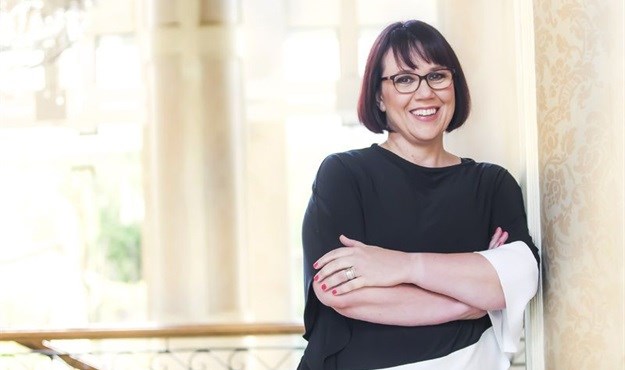#BizTrends2019: 3 trends affecting how independent education should be marketed in SA

At Curro Holdings, we’ve grown in 20 years from one school with 28 pupils to more than 50,000 learners across our school models within the Curro group. We’ve had to learn about marketing and to become more intentional about it. These are a few trends shaping the way we’re thinking:
South African parents are pessimistic about schools
In March 2018, Ipsos, in collaboration with the Varkey Foundation, released its annual Global Parents survey, which looks at parents’ perceptions of education and the schools they send their children to.
Results showed that globally, parents remain fairly upbeat about their children’s education, but in South Africa, perceptions are quite negative. Almost three-quarters (72%) of South African parents think standards of education have deteriorated in the last 10 years – higher than any other country surveyed. We were also the highest ranked country (at 50% of respondents in South Africa) when it came to parents who believed that the education system was set to deteriorate further over the next 10 years. More than half (54%) of South African parents rate free-to-attend schools as 'fairly poor' or 'very poor'.
The independent education sector continues to grow
Schools have traditionally relied on attracting enough children from the surrounding neighbourhood to fill classes. However, the educational landscape has shifted and become more competitive, while trust in our national education system has also decreased.
This presents an opportunity for private sector education players seeking to make independent schooling available at competitive rates and in regions where there is a demand for it. On the other hand, when people lose faith in the education system, it is damaging for everyone involved – public AND private schools alike.
Independent schools have a dual task, therefore. We need to build credibility for our whole sector, as well as for our individual brands or schools.
Marketing independent schools is tricky. We need to balance the ability to partner with and complement the national education system, with meeting learner needs that may not be fulfilled by the public sector, with offering a quality education at a fair price, while keeping shareholders happy. It’s a difficult job.
Target markets have changed
We’ve found that we’re catering for a broader demographic than ever before. Many parents who are now seeking an independent education for their children would not previously have considered doing so, either because they were not in a financial position to do so, or because they previously considered a public-school education adequate.
The Ipsos survey found that the ability to get a job and have a successful career was the biggest concern for South African parents (50%), in line with international trends. There is also a lot of fear around the fourth industrial revolution. Parents are asking if their children will be able to compete in a digital workplace.
Given the competitive pricing of newer independent education companies compared to traditional players, the decreased trust in the national education system and the challenges weighing on parents, such as South Africa’s unemployment crisis, there is a new wave of parents who place value on independent education.
Conclusion
Independent schools are operating in a complex environment. It’s important that they understand their market and its touchpoints before even contemplating any marketing activities.
We need to acknowledge that we are operating in a competitive world and that even if we can offer the best education, if parents don’t know about us, we’ll have empty classrooms.


































